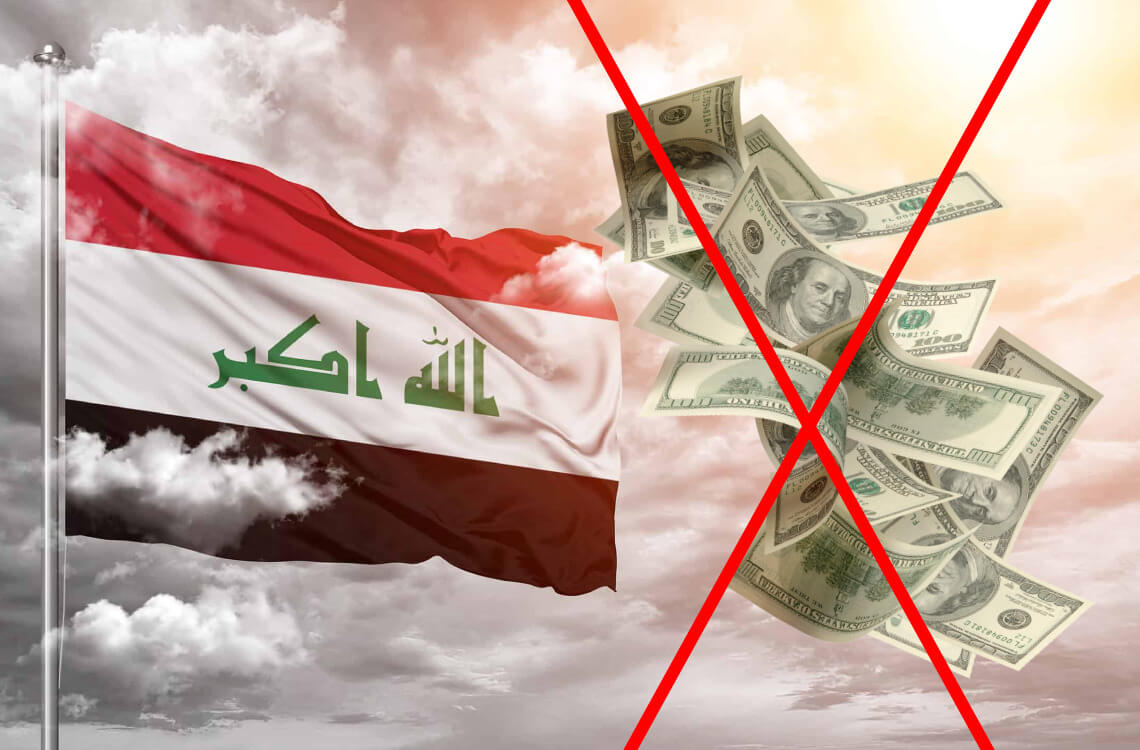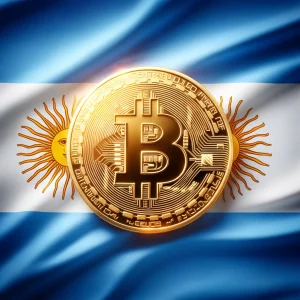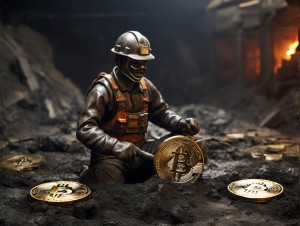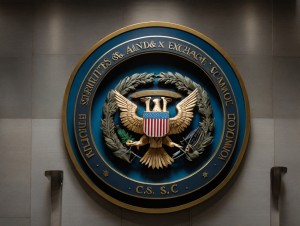As a sovereign move to bolster its national economy, the Iraqi government has banned US dollar transactions to encourage using the national currency, the Iraqi dinar. This development, a sharp response to the expanding black market exchange rates, comes amid a rapidly growing chasm between the official and black-market exchange rates, which has stirred public outrage and spurred inflation.
Bolstering the national currency
The pronouncement, which caught many by surprise, is seen as an attempt to foster national economic stability and sovereignty. “The dinar is the national currency in Iraq. Your commitment to transact in it instead of foreign currencies boosts the country’s sovereignty and economy,” the Iraqi Interior Ministry affirmed. The ministry emphasized that dealing in foreign currencies is a legal violation, vowing to “hold accountable anyone who attempts to undermine the Iraqi dinar and the economy.”
In a sweeping initiative to safeguard the dinar, the Anti-organised Crime Directorate of the Interior Ministry dispatched forces to various markets in Baghdad and other cities. Traders were asked to sign an agreement promising to sell goods only in dinar, a measure that Brig Gen Hussein Al Tamimi had overseen. Violators of this pledge face significant penalties, including fines and potential imprisonment for repeated offenses.
Ripple effects: The underground dollar market and public discontent
The implementation of the ban has propelled dollar transactions underground. Fear of arrest has prompted exchange offices to limit their dollar dealings to a select group of trusted clients, fueling black market rates. This shift in the market is a direct consequence of the government’s attempt to protect its national economy amid increasing volatility.
Historically, the Gulf War, stringent UN-imposed economic sanctions, and the US-led invasion in 2003 led to a substantial devaluation of the Iraqi dinar. As a result, Iraqis have since turned to the US dollar for a broad array of transactions, ranging from wholesale trading to retail purchases. However, the recent moves by the Iraqi government have sparked a currency crisis, leading to inflation and public protests.
Amid these upheavals, the United States has voiced concerns that the dollar is being channeled to Iran, Syria, and Lebanon via the foreign currency auction organized by the Central Bank of Iraq. Consequently, the Federal Reserve Bank of New York has tightened its procedures for international transfers, leading to a surge in demand for the US dollar in Iraq.
As the country struggles to navigate the turbulent economic waters, the Iraqi government has blamed the US for the currency chaos. However, its attempts to quell public anger have so far proven unsuccessful. Meanwhile, ordinary Iraqis, such as Baghdad resident Mohammed Hassan Jaafar, are left in a state of uncertainty. Mr. Jaafar, who plans to buy a house, now faces a dilemma: real estate prices are often pegged to the dollar.
The ban on US dollar transactions represents a bold step towards economic sovereignty for Iraq. Still, it also raises questions about the viability of such a move amid an established dollar-dominated market, and the potential implications for ordinary Iraqis caught in the economic crossfire.




